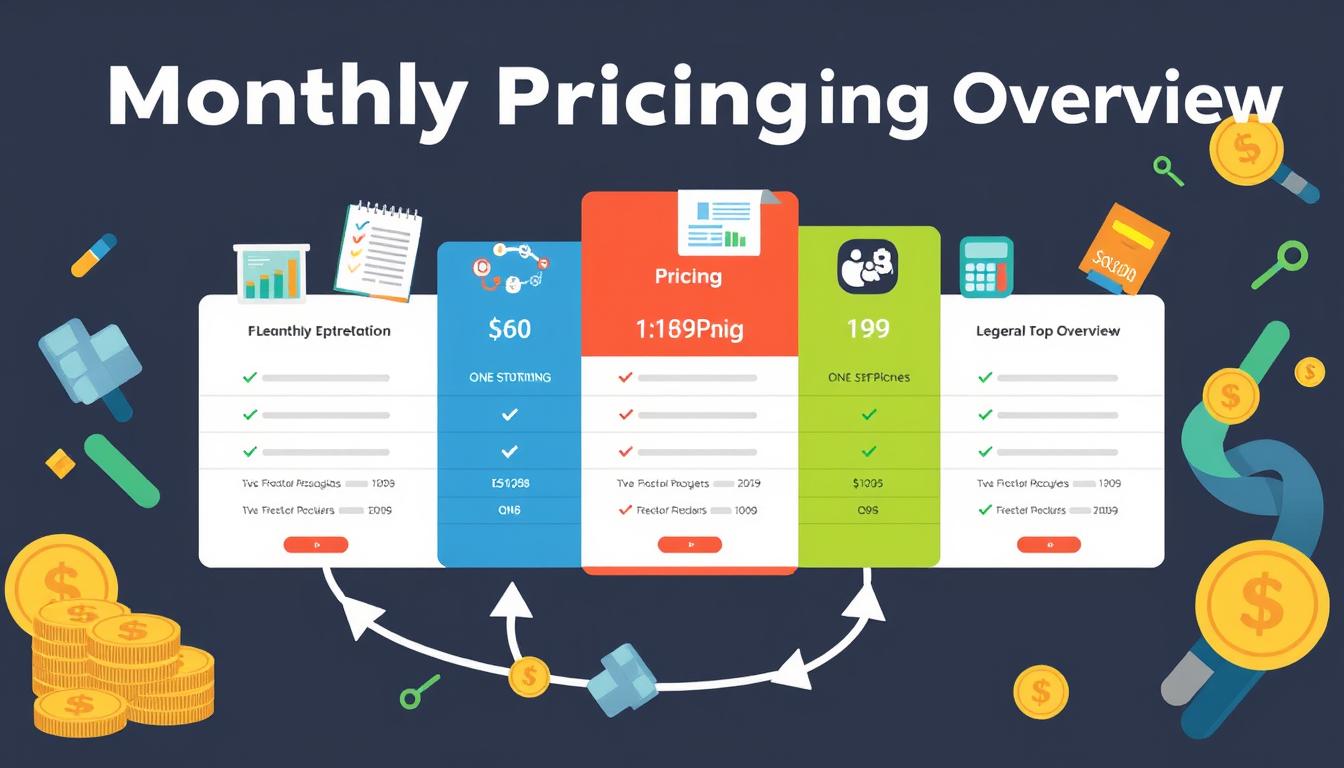
How to categorize property tax payable in quickbooks online
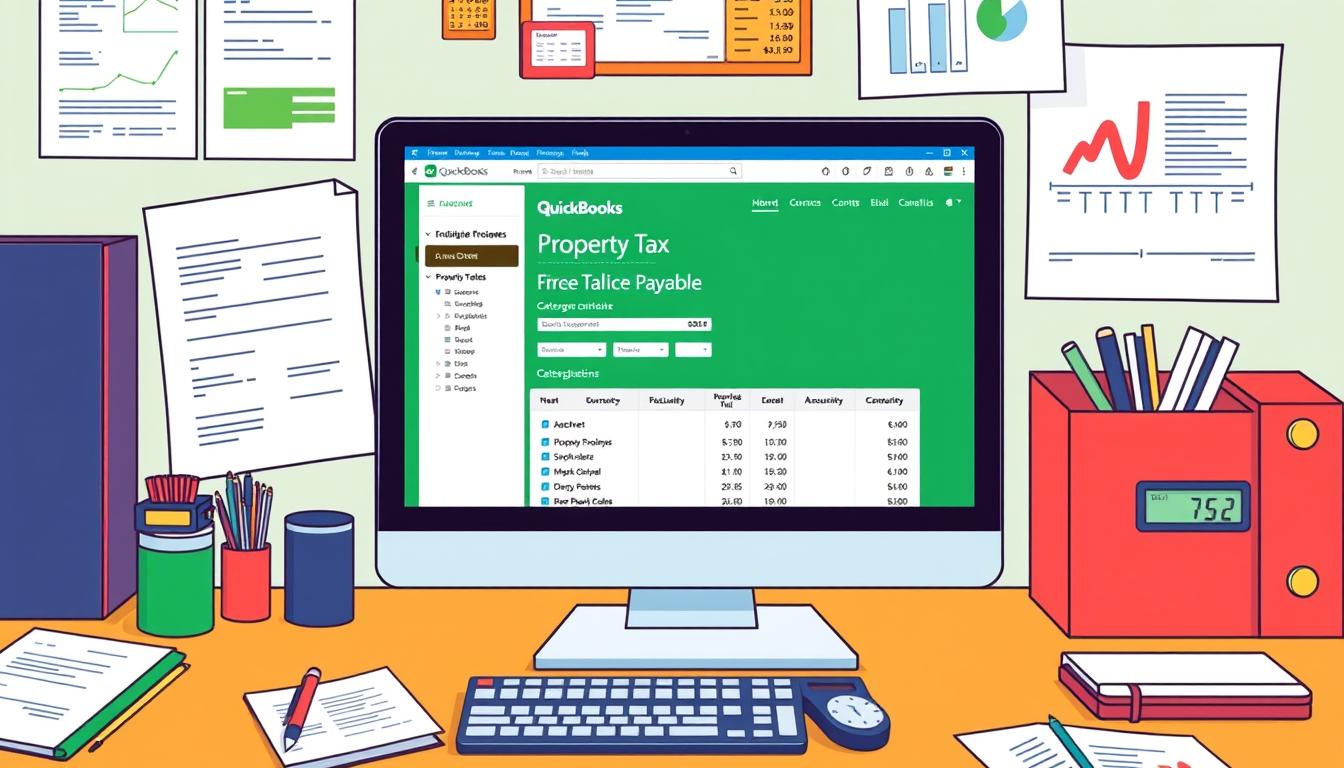
Table of Contents
Knowing how to categorize property tax payable in QuickBooks Online is key for keeping your financial records right. Property tax payable is the amount your business owes in property taxes. It can greatly affect your financial health. By learning to categorize property tax well, businesses can make sure their financial statements show their true obligations.
This knowledge is crucial as we dive into the steps and best practices for handling property tax payable in QuickBooks Online.
Key Takeaways
- Proper categorization of property tax payable is essential for accurate financial management.
- It impacts various financial statements and business decisions.
- Clear understanding aids in compliance with local tax regulations.
- Utilizing QuickBooks Online effectively simplifies tracking obligations.
- Regular updates and reviews can prevent misclassifications.
Understanding Property Tax Payable
Property tax is a big part of how local governments make money. It’s based on who owns the property. When it’s time to pay, it becomes a debt called property tax payable. This debt needs to be tracked well to handle money matters right.
Handling property tax right is key for a business’s money flow and health. Not doing it right can mess up money plans. It’s important to keep track of this to avoid problems.
In short, property tax payable is what you owe because you own property. It’s vital to keep track of it well. Businesses need to handle property tax right to stay in good financial shape.
Importance of Accurate Categorization
Knowing how to categorize property tax correctly is key for your financial reports. It makes QuickBooks reports clear, helping you make better decisions. Accurate categorization is crucial for reliable financial statements, important for planning and following local laws.
Impacts on Financial Reporting
Getting property taxes right is vital for honest financial reports. Wrongly categorizing them can lead to big mistakes in your financial statements. This can confuse people who rely on your financial health, affecting your cash flow and future plans.
QuickBooks reports need to be accurate to pass audits and keep your finances in order. Knowing this helps your business stay transparent and trustworthy.
Consequences of Misclassification
Not categorizing property tax right can cause big problems. It can lead to accounting mistakes and even tax penalties. Misclassifications can also make you more likely to face audits, leading to financial issues and extra costs.
Getting it right helps avoid these problems. It keeps your finances in check and boosts your financial health.
Setting Up QuickBooks Online for Property Tax
Setting up QuickBooks Online for property tax can make your accounting easier. It helps keep your financial reports accurate and follows local rules. Here’s how to set up a property tax account in this accounting software.
Creating a Property Tax Payable Account
To track property tax in QuickBooks Online, you need a property tax payable account. This makes your QuickBooks setup better and helps categorize tax duties well.
- Log into your QuickBooks Online account.
- Navigate to the “Accounting” section on the left sidebar.
- Select “Chart of Accounts,” then click the “New” button to create a new account.
- In the account type field, select “Liability.” Choose “Other Current Liabilities” for the detail type.
- Enter a name for your account, such as “Property Tax Payable.” Include an optional description for future reference.
- Click “Save and Close” to finalize the property tax account creation.
This guide shows you how to create a property tax payable account. It helps make your QuickBooks Online setup better for managing taxes. Use the software’s settings to meet your financial goals.
| Step | Action | Outcome |
|---|---|---|
| 1 | Log into your account | Access accounting features |
| 2 | Select “Accounting” section | Navigate to accounts overview |
| 3 | Click “New” button | Initiate account creation |
| 4 | Choose “Liability” type | Classify account correctly |
| 5 | Name account “Property Tax Payable” | Establish purpose for tracking |
| 6 | Click “Save and Close” | Complete account setup |
Steps to Categorize Property Tax Payable
Managing your finances well in QuickBooks Online means categorizing property tax right. This guide shows you how to record and categorize property tax. It helps you keep a close eye on your money.
Recording Property Tax Transactions
To track property tax well, you must record each transaction in QuickBooks. Here’s what to do:
- Open your QuickBooks Online account and go to the “Transactions” tab.
- Click “Add transaction” and pick the right type (like Expense or Bill).
- Enter the date, amount, and vendor info for all property tax payments.
- Use the “Memo” field for extra details about the payment.
- Save your QuickBooks entries to keep your records current.
By following these steps, you ensure your financial records are accurate. This is especially important for managing property tax.
Assigning Appropriate Categories
After recording your property tax, you need to assign categories. This makes your financial reports clearer. Here’s how to do it:
- Go to the “Chart of Accounts” in QuickBooks.
- Create a new account or pick one that fits for property tax.
- For each property tax payment, choose the right category based on its purpose.
- Check your entries often to keep them correctly categorized.
Good property tax categorization makes your finances clearer. It lets business owners handle their tax duties better and faster.
Using QuickBooks Online Reports for Property Tax
QuickBooks Online reports can greatly improve your property tax analysis. These reports gather financial data on property taxes. This makes it easier to check your expenses and make sure you’re following tax rules.
QuickBooks offers many types of reports for property tax data. Some key reports include:
- Property Tax Summary Report: Gives a wide view of property tax duties and payment history.
- Transaction Detail Report: Shows each property tax transaction for a closer look.
- Vendor Reports: Tracks payments to local tax offices or assessors.
Using these reports helps make better financial choices. Knowing your property tax duties helps keep your financial records right. This helps avoid penalties from tax offices.
| Report Type | Description | Benefits |
|---|---|---|
| Property Tax Summary Report | Overview of total property tax liabilities | Visualizes total taxes due, simplifying planning |
| Transaction Detail Report | Lists all individual property tax transactions | Facilitates precise expense tracking |
| Vendor Reports | Tracks payments to tax-related vendors | Ensures everybody is accounted for in payments |
QuickBooks reports help clear up your property tax situation. A detailed analysis of property taxes boosts financial efficiency. It also keeps you in good standing with tax authorities.
Common Mistakes in Categorizing Property Tax
It’s important to categorize property taxes right in QuickBooks Online for accurate financial reports. Ignoring local tax rules and missing year-end adjustments are common mistakes. Knowing these errors can help improve your financial accuracy and compliance.
Overlooking Local Tax Regulations
Local tax laws are key in property tax categorizations. Not following these rules can lead to errors that cause problems during audits or tax checks. For example, different places have their own tax rules and exemptions.
A wrong classification can lead to fines or penalties. This can hurt your financial health.
- Research local tax laws to ensure alignment.
- Stay updated with any changes to regulations that may impact property tax categorizations.
- Consult with local tax authorities or professionals for guidance.
Ignoring Year-End Adjustments
Year-end adjustments are vital for accurate property tax categorizations. Skipping these can cause financial statement errors. Adjustments include property values, tax credits, or exemptions not counted before.
Adding these adjustments makes your financial reports more accurate. It shows your true financial situation.
- Review property assessments before closing the fiscal year.
- Document any applicable tax adjustments and ensure they are reflected in the final reports.
- Maintain records of changes for future reference and potential audits.
Best Practices for Tracking Property Taxes in QuickBooks Online
Tracking property taxes well means following strong procedures. Regular checks are key. These checks help make sure QuickBooks matches official tax documents. This keeps your financial records up to date and accurate.
Regular Reconciliation Processes
Regular checks on property tax accounts prevent mistakes. It’s good to do these checks monthly or every quarter. If you don’t, small errors can grow into big problems.
Implementing Alerts and Reminders
Setting up alerts and reminders in QuickBooks Online is crucial. It helps you remember important tax payment and submission deadlines. This way, you avoid late fees and keep your finances in good shape.
Using QuickBooks for reminders helps you stay on track with taxes. These steps make tracking property taxes easier and more reliable. They also help you stay up to date with tax laws, ensuring you meet your obligations.
Helpful Tools and Resources for QuickBooks Online Users
Using the right QuickBooks tools can make managing property taxes easier. Here are some great resources to help you:
- Educational Webinars: Many sites have webinars on accounting. They teach you how to manage property taxes well.
- QuickBooks Marketplace: This is where you find QuickBooks tools and add-ons. They help with tasks like property tax categorization.
- Community Forums: Forums let users share tips on property tax management. You can learn a lot from others’ experiences.
- Accounting Blogs: There are blogs that focus on financial tips. They have articles on using QuickBooks for property tax management.
- Online Courses: Online courses can improve your skills in property tax management. They help you use QuickBooks better.
Using these tools and resources can make managing property taxes easier. They help you track finances better and make tasks simpler.
Conclusion
Accurately categorizing property tax in QuickBooks Online is key for good financial management. It helps businesses follow local rules and avoid costly mistakes. This makes financial reports clear and trustworthy.
It’s important to have a clear plan for QuickBooks tax management. This means setting up the right accounts, checking transactions often, and watching for changes in local taxes. Using QuickBooks features well helps track property tax efficiently.
Good property tax tracking helps businesses make better choices and keeps finances strong. Spending time learning these skills can greatly improve accuracy and follow rules. This leads to better financial health.
FAQ
What is property tax payable in QuickBooks Online?
Property tax payable is a liability for taxes owed to local governments. It’s based on owning property. In QuickBooks Online, it’s categorized to show accurate financial status and meet tax obligations.
Why is it important to categorize property tax accurately?
Accurate property tax categorization is key for clear financial reports. Wrong classification can mess up financial statements. It can lead to accounting errors, tax penalties, and compliance risks.
How do I set up a property tax payable account in QuickBooks Online?
To set up a property tax payable account, go to the ‘Chart of Accounts’ section in QuickBooks Online. Choose ‘New’ and create a dedicated account for property tax liabilities. This ensures detailed tracking.
What steps should I follow to record property tax transactions?
To record property tax transactions, fill in the amount, due date, and vendor. Update these entries regularly. This helps track and manage property tax liabilities in QuickBooks effectively.
How can QuickBooks Online reports assist with property tax analysis?
QuickBooks Online has various reporting features. They help analyze property tax data. This aids in making financial decisions and ensures tax compliance through detailed insights.
What are common mistakes to avoid in property tax categorization?
Common mistakes include overlooking local tax laws and ignoring year-end adjustments. Both can harm financial accuracy and lead to compliance errors.
What are some best practices for tracking property taxes in QuickBooks Online?
Regular reconciliation and setting up alerts and reminders in QuickBooks can improve property tax tracking. This ensures accuracy and helps avoid late fees and penalties.
Where can I find additional tools and resources for managing property taxes?
QuickBooks Online users can find many tools and resources. These include educational materials, software add-ons, and community forums. They can help manage property taxes and improve accounting practices.
- Tags: intuit quickbooks, intuit quickbooks login, intuit quickbooks online, quickbook, quickbooks, quickbooks accounting software, quickbooks customer service, quickbooks customer service number, quickbooks desktop, quickbooks desktop 2024, quickbooks log in, quickbooks login, quickbooks login online, quickbooks online, quickbooks online accountant, quickbooks online accounting, quickbooks online customer service, quickbooks online login, quickbooks online pricing, quickbooks payroll, quickbooks self employed, quickbooks software, quickbooks support phone number, quickbooks time, quickbooks time login, quickbooks workforce
Top Products
- QuickBooks Desktop Pro 2024 US Version
- QuickBooks Desktop Pro 2023 US Version
- QuickBooks Desktop Pro 2022 US Version
- QuickBooks Desktop Premier 2024 US Version
- QuickBooks Desktop Premier 2023 US Version
- QuickBooks Desktop Premier 2022 US Version
- QuickBooks Desktop Accountant 2024 US Version
- QuickBooks Desktop Accountant 2023 US Version
- QuickBooks Desktop Enterprise 2024 US Version
- QuickBooks Desktop Enterprise 2023 US Version
- QuickBooks for Mac 2024
- QuickBooks for Mac 2023
Popular Posts

How much is quickbooks per month
Many users want to know the QuickBooks pricing for monthly costs. QuickBooks has various plans for different business needs. This lets users pick the right plan for their financial management.
What affects the QuickBooks monthly cost includes the QuickBooks edition, payment frequency, and extra features. This guide will explain the details of these plans. It will help you understand the costs of using QuickBooks for your business.

How does quickbooks work
QuickBooks is a key accounting software made by Intuit. It helps businesses manage their finances well. It works on a cloud-based platform, so users can access their financial data from anywhere.
This software makes tasks like bookkeeping, invoicing, and financial reporting easier. In this article, we’ll look at QuickBooks’ main features, its users, benefits, and challenges. We aim to help you understand how it can improve your financial management.

How do you record insurance payment in quickbooks
Recording insurance payments in QuickBooks is key for good insurance accounting. It helps business owners manage their money well and keep their books right. This is vital for the health of any business.
In this guide, we’ll show you how to record insurance payments easily. We’ll use QuickBooks guides and tips from accounting experts. This way, you can keep your financial records up to date.
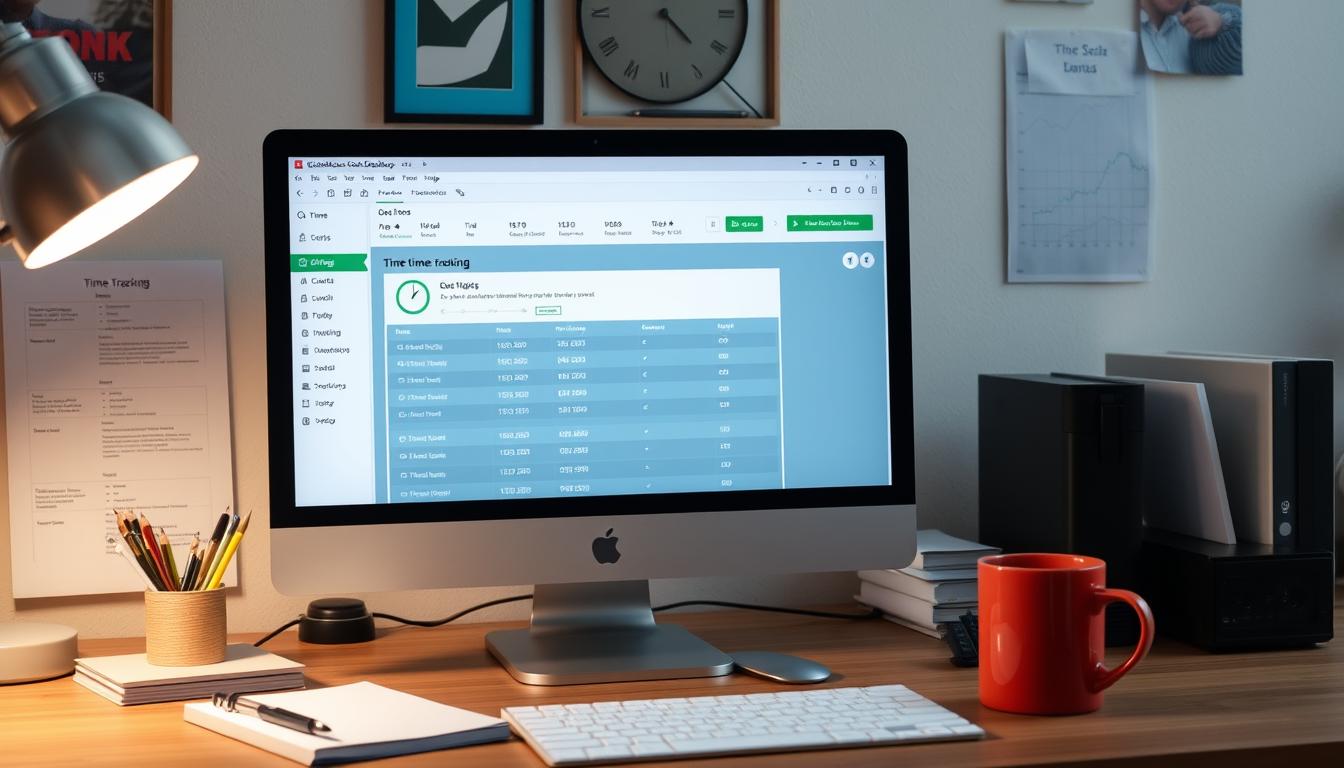
How do you clock in hours in quickbooks desktop
In today’s fast-paced world, tracking time well is key for good payroll management. This article will show you how to clock in hours in QuickBooks Desktop. It’s a top accounting software that makes managing tasks easier. By learning how to track time, businesses can work better and pay employees right.
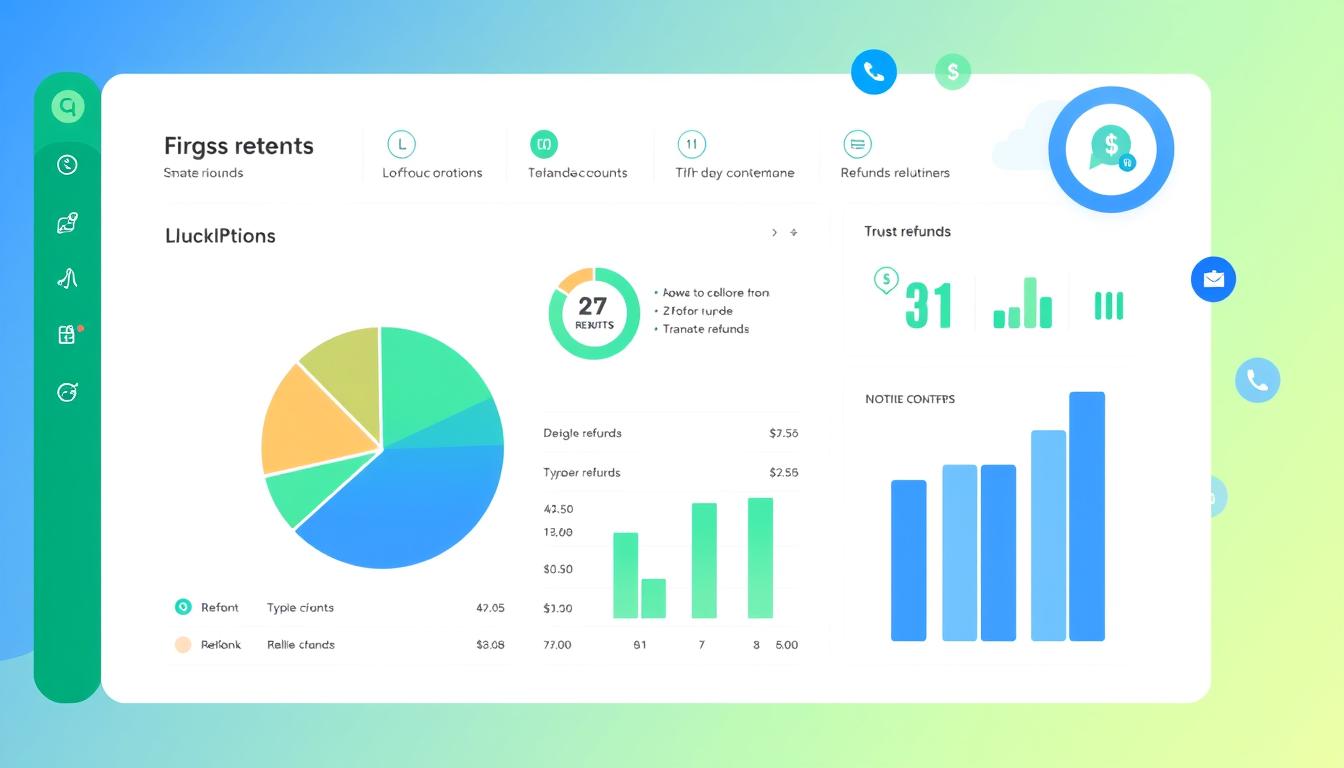
How are refunds categorized in quickbooks online
Knowing how to categorize refunds in QuickBooks Online is key for good financial management. It’s important to record refunds correctly to keep your finances clear. Businesses of all sizes can benefit from knowing how to do this right.
This knowledge helps make your financial records clear and accurate. It’s a basic step that can make a big difference.

Does quoteiq accept quickbooks online payments
Payment solutions are key in today’s business world. Many are looking into how platforms like QuoteIQ can improve their invoicing. A big question is: does QuoteIQ accept QuickBooks Online Payments? This article explores how QuoteIQ and QuickBooks Online Payments work together.
This shows how important it is to have good payment integration. It helps with cash flow and makes operations smoother. We’ll look at the benefits of using QuoteIQ with QuickBooks Online Payments. Plus, we’ll show you how to set it up.
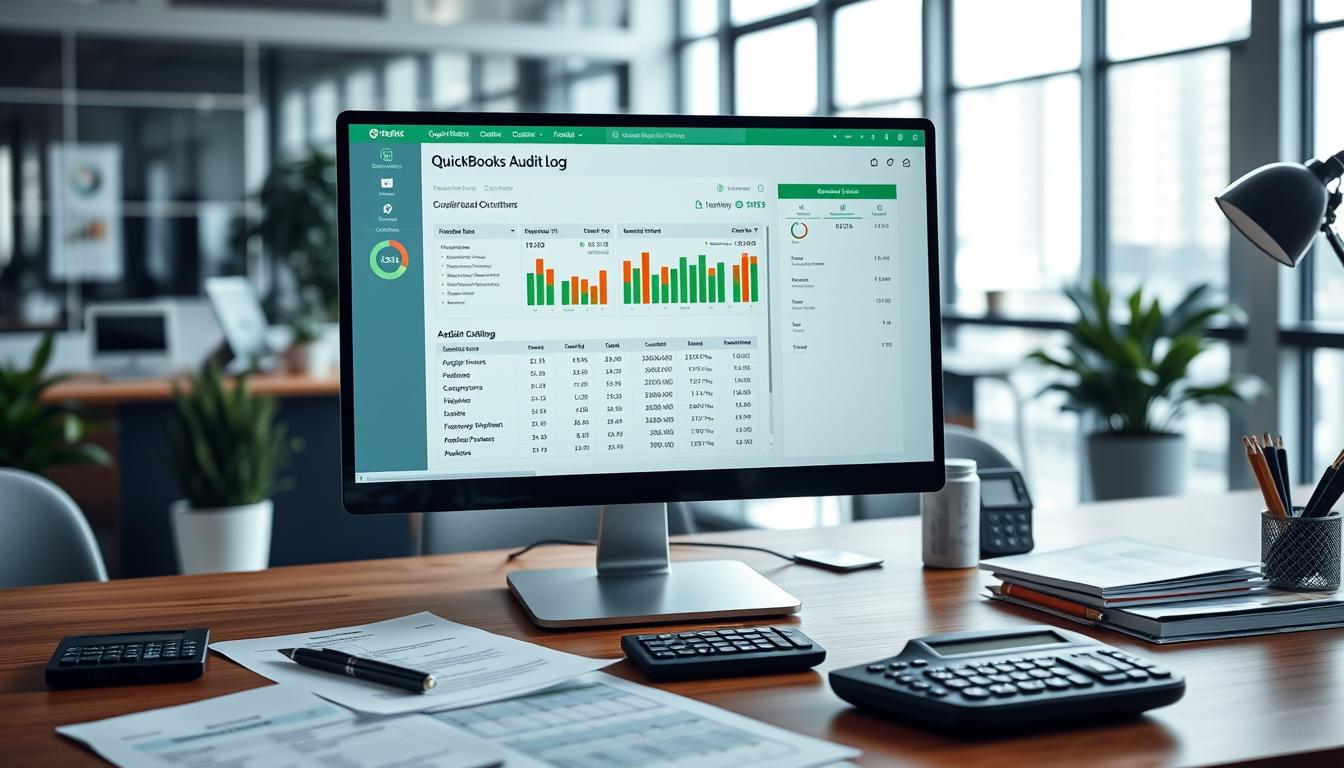
Can you delete history under audit log quickbooks online
It’s important to know if you can delete entries from the audit log in QuickBooks Online. This is key for businesses that focus on financial accuracy and follow the rules. The audit log QuickBooks Online keeps a detailed history of changes to financial data. This ensures that all account activities are recorded clearly.
By tracking these changes, the audit log is crucial for good financial management. We will look into why the audit log matters and what happens if you try to delete its records. We’ll see how these actions impact your QuickBooks history.
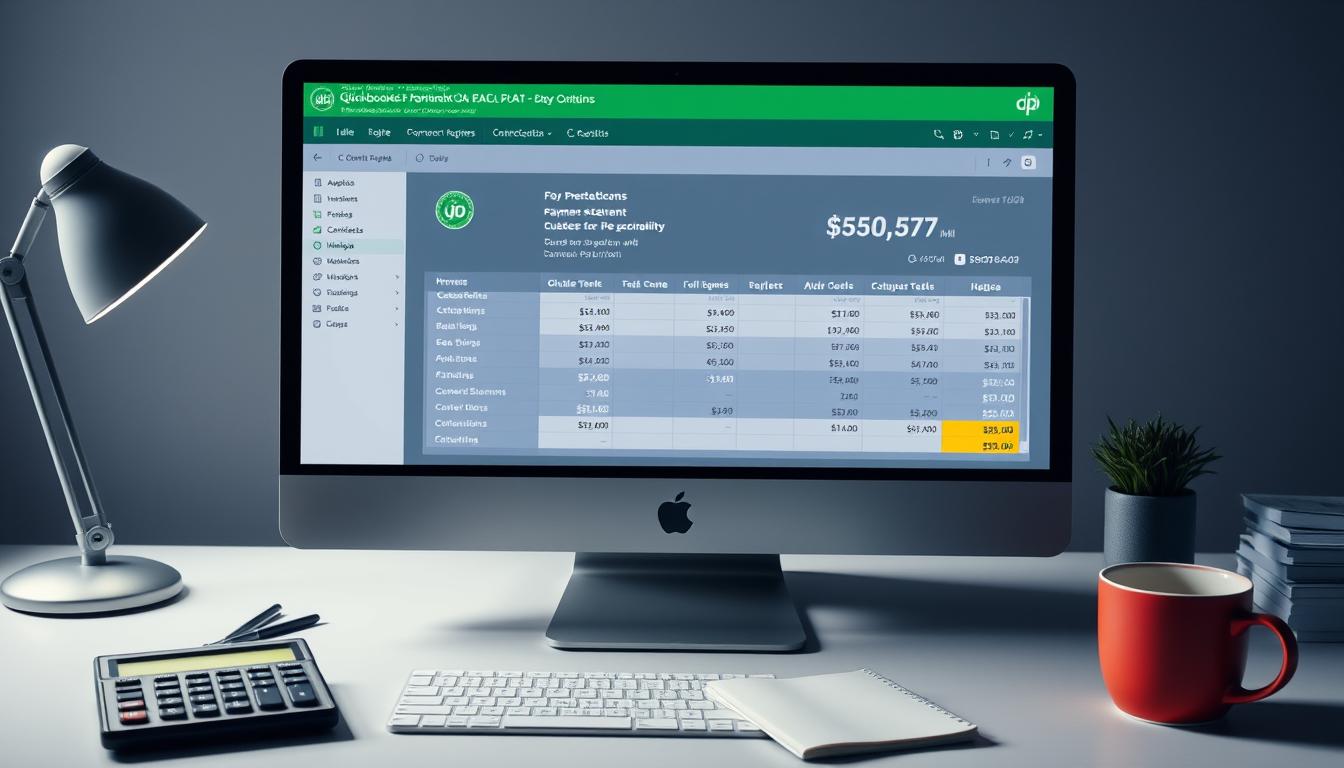
Can quickbooks recievepayment by statements rather that individual invoices
In today’s fast-paced world, businesses need quick and easy ways to handle payments. Many QuickBooks users wonder if they can pay by statements instead of invoices. This method makes accounting simpler for companies.
Using payment statements has big advantages over traditional invoices. QuickBooks helps businesses manage payments better. This article will show you how payment statements work in QuickBooks and how they can help your business.
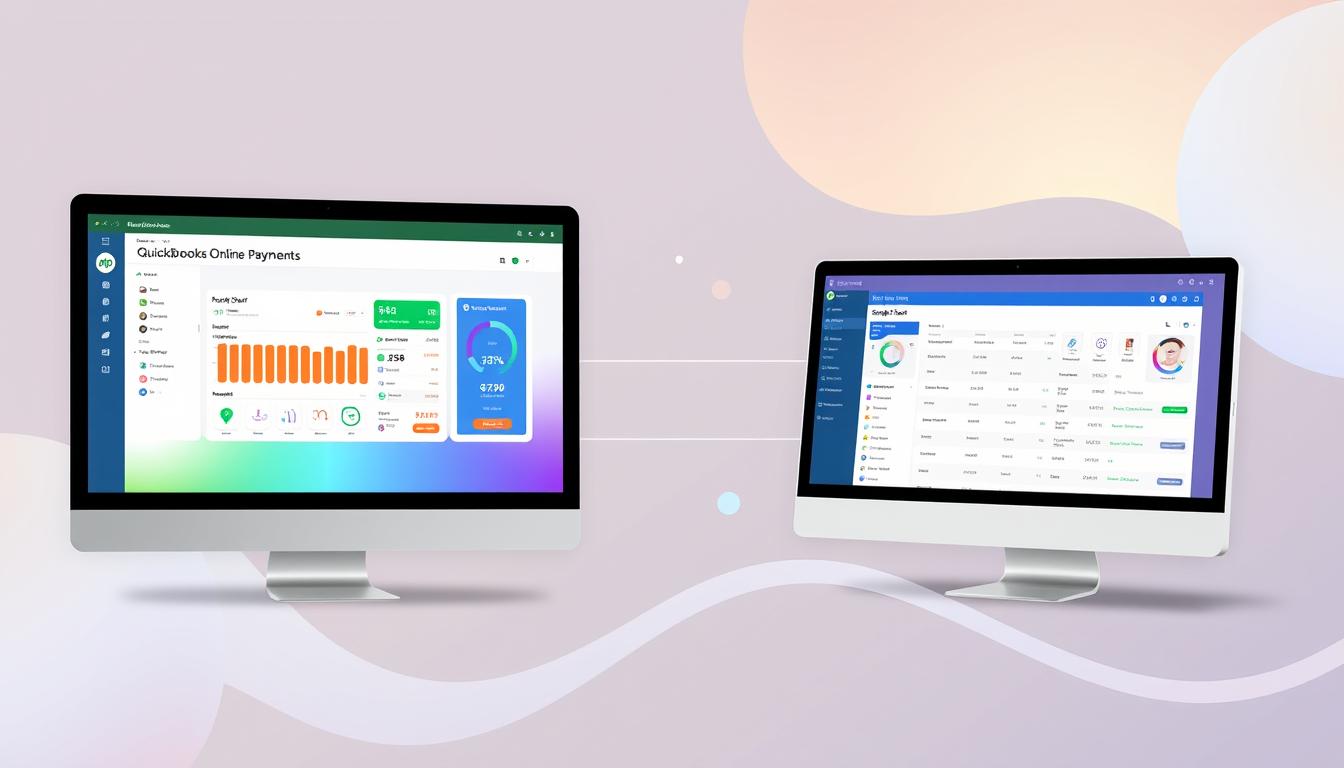
Can quickbooks online payments work with simple start
For small business owners, the question of whether QuickBooks Online Payments and QuickBooks Simple Start can work together is key. This integration is vital for managing finances effectively. It helps users handle transactions smoothly while using a basic accounting tool for solo businesses.
QuickBooks Online Payments lets users take payments online, making cash flow management easier. In this article, we explore how these two tools can boost efficiency for small businesses.
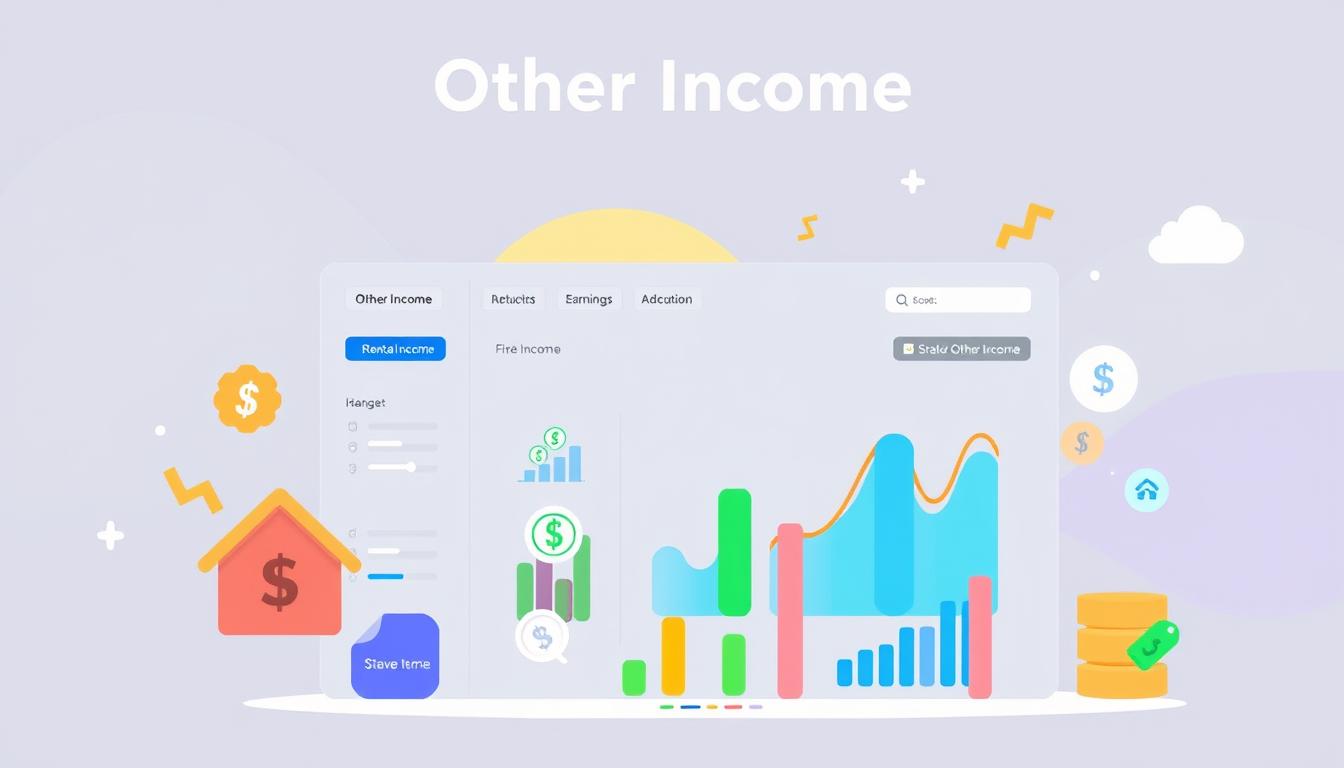
Can other income be a main category in quickbook online
QuickBooks Online is a powerful tool for managing your finances. Many wonder if the other income category can be the main one. This software lets you customize how you track income, fitting it to your business’s needs.
This section will guide you through the basics of other income. You’ll learn how to use QuickBooks Online to its fullest. This way, you can make the most of it for your financial management.